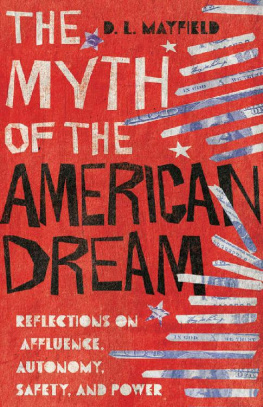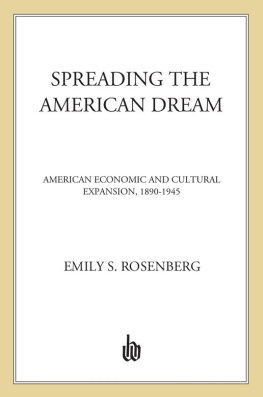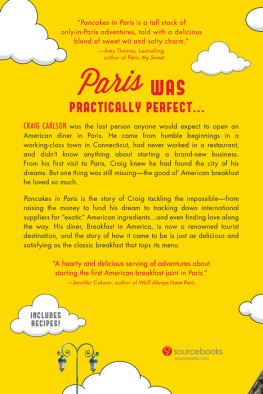EUGENE GOLD
Eugene Gold is an entrepreneur, author, international speaker, and a mentor to many. When economy grows on an average of 11 % Golds rare combination of strong business leadership, passion and experience has led him to the most exclusive clubs in business. Showcasing a growth of more than 4400% in 3 years and earning top spots in the lists of INC 5000 in the years of 2018,2019 and 2020 as well as Entreprenuer360 in the years of 2016, 2018 and 2019.
His entrepreneurship, self-improvement and personal finance articles have been featured on websites such as Forbes.com, INC.com, Business.com and more.
Mr. Gold attended various events as a key note speaker to teach, mentor and inspire fellow entrepreneurs around the world. During this time, Mr. Gold has had the privilege of sharing the stage with the likes of Les Brown, Kevin Harrington formerly of Shark Tank, Frank Shankwitz founder of Make a Wish Foundation, Sharon Lechter co-author of Rich dad poor dad, amongst many others.
Eugene Gold continues to be a committed philanthropist by giving back to world communities such as Women of Global Change and Elite Meet as a benefactor and a volunteer and has been honored with numerous awards.
I believe that the traditional American dream is dead.
Look, I realize that is a very bold statement to make. But please bear with me for a moment and let me explain a bit. The thing is, I think the American Dream that my parents and society believed in for many years simply does not exist the way it used to.
So what do I mean by the American Dream? Pretty much what everyone has been telling about for decades and decades, which goes something like this:
Be a good boy or girl.
Go to school; then go to college and graduate.
Youre going to get a very good job.
You will find the love of your life, and youre going to get a nice house with a white little fence around it and a nice, affordable mortgage.
Youre going to have three kids and about seven grandkids, retire, and, finally, die happily.
Now, I believe that the American Dream as I have described it above definitely existed as a reality in the past roughly about forty years ago in which you could get a degree and you could pretty much attend almost any university without financial difficulties. After you got your college degree, you were pretty much guaranteed to get a good paying job. The cost of education was not nearly as cost prohibitive, housing costs were nowhere near as high as now, and everything else was manageably affordable.
ONE DAY A YOUNG STUDENT ASKED HIS PROFESSOR, WHATS THE DIFFERENCE BETWEEN SCHOOL AND LIFE?
THE PROFESSOR REPLIED, IN SCHOOL, YOURE TAUGHT A LESSON AND THEN YOURE GIVEN A TEST. IN LIFE, YOURE GIVEN A TEST THAT TEACHES YOU A LESSON.
Nowadays, that American dream is not possible, because most of us live paycheck to paycheck. At least 50 percent of our salary covers the rent or mortgage, and the remainder goes for food and other necessities, with almost nothing left for savings. Why? All the loans you took using your credit cards: for furniture, vacations, little Suzies braces. The cost of healthcare has gone sky high and payment on student debt the rest of your income.
Although all this may sound familiar to you, I also believe the American Dream has evolved. Just as technology and everything is improving, the same thing with the American Dream. So, if you actually want to achieve the American Dream, there must be new ways to accomplish it. I was lucky enough to find one such successful way.
So, a little bit about me: I came to the United States when I was 14, and I was a very good student in school. I graduated high school in three years instead of four. After that, I knew that in order to get a good-paying job I needed to get a bachelors degree.
I worked two full-time jobs while I went to full-time college for my bachelors in Business Management, and I had that bachelors degree in under two years. (Payments on my student debt then started to kick in, yet I still didnt have a career to speak of.)
My peers explained to me that a bachelors degree means nothing in todays economy, and, for me to be competitive and move forward, I actually needed a masters degree. Sounds good! Lets go for a masters!
And so I went for an MBA in finance, thinking that would give me the biggest advantage, and my road to a $100,000 a year salary would be assured.
GAMES ARE WON BY PLAYERS WHO FOCUS ON THE PLAYING FIELD - NOT BY THOSE WHOSE EYES ARE GLUED TO THE SCOREBOARD.
-WARREN BUFFET
After I got my MBA in six months, with perfect grades and everything, I still couldnt get a job. Furthermore, after investing so much time and money in myself, I couldnt even get a promotion in my current job.
Where was this promised dream, the American Dream? I was painfully aware that I had read hundreds of resums, interviews, and career development books. I had spent scores of hours sending literally thousands of resums to employers and headhunters. I had applied for hundreds of jobs, still, no job for me.
After many months of job hunting, sending resumes, attending interviews I was finally able to secure a banker position for a major bank. Compared to working two jobs for $9 per hour, hitting $16 per hour was a break I desperately needed. Nevertheless, I still didnt see a difference in my budget.
Was I that bad in handling my own finances? How can I be called a banker when I couldnt even help myself financially? The answer was right in front of me: more money earned, more taxes paid. And when all my student loans kicked in for my bachelor and master degrees, there was almost no difference from where I was now, financially, compared to before I got my masters.
So what did change? Well, having finished my schooling, I had more time to polish my skills, and my job came with commissioned earnings.
Thus, the more products I sold, the more I earned.
To make more money, I needed to learn how to push products much more efficiently. I needed to showcase my skills and proudly demonstrate to the company that I am a big producer and a valuable asset to them. After earning a lot of money for the company and their shareholders, they surely will recognize my talents and promote me further, or so I thought. My genius career plan was established.
I spent the next six months improving my skills, investing all the time I had towards increasing my value to the company. I became the top banker in my branch in the district, and then I moved quickly towards becoming a top banking employee nationwide. When the opportunity finally presented itself and a plum position was available
I lost it to the bosss nephew.
I gave this company my all and did everything right. Iwas earning the company 4 or 5 times what I was being paid. I was punctual, worked long hours, and I was outperforming my colleagues. I was proud of what I had done, and I even got a personal note of praise from the companys president. Clients would wait in line to see me, send me gifts for my customer service, and my higher-ups were singing my praises. So, when I put myself up for that promotion and lost it based on nepotism, I was angry beyond belief. I felt used and betrayed even worse, I felt that I was replaceable.











